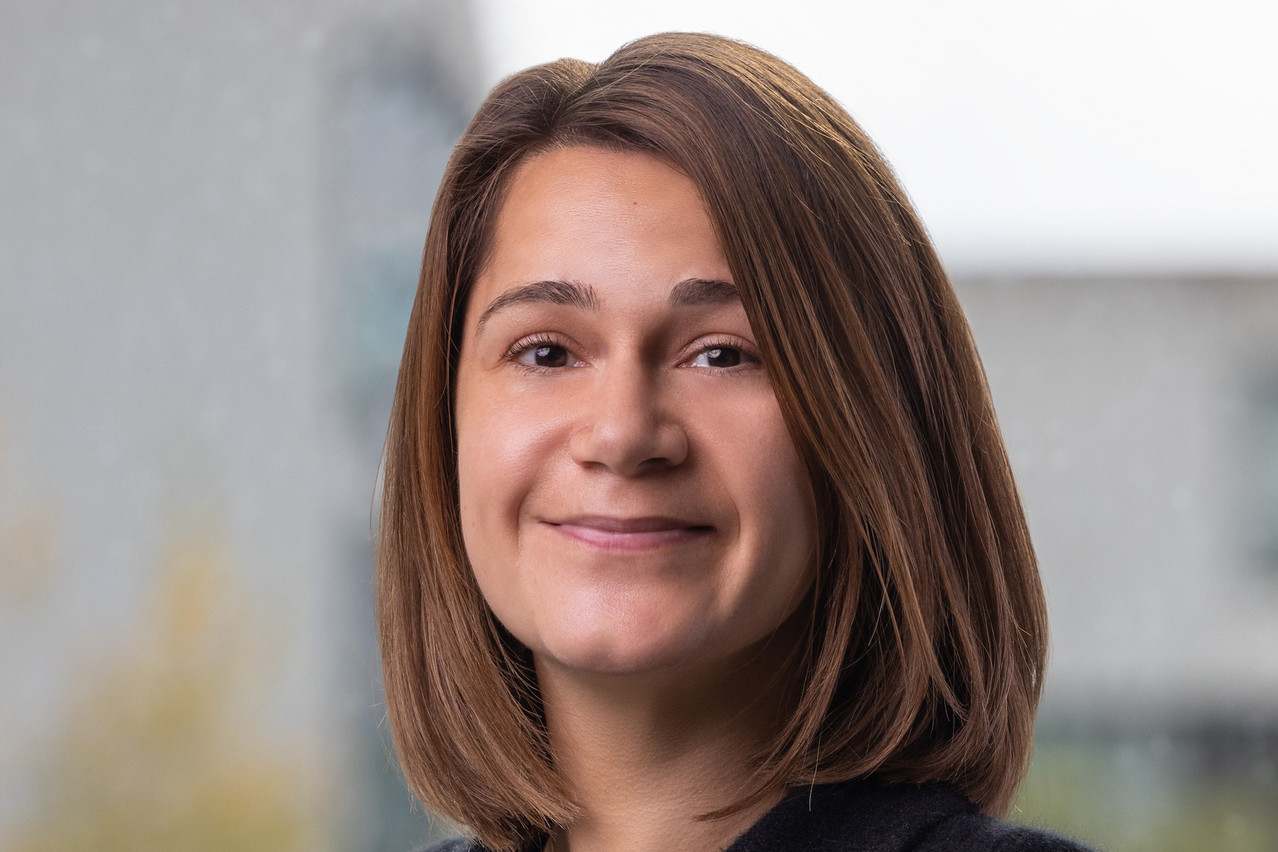In advance of the event, Delano spoke with Veronica Aroutiunian, senior associate at the law firm of Loyens & Loeff. She speaks during the open-ended funds session, at 2:10pm.
Aaron Grunwald: What do you want the audience to get most from the open-ended funds session?
Veronica Aroutiunian: Over the past two years, we have seen an increase in enquiries to establish open-ended funds to invest into alternative assets, including real estate and infrastructure debt. Open-ended alternative funds present challenges and opportunities in terms of structuring considerations, distribution and compliance with legal and regulatory developments. In this respect, the intention is to briefly examine the latest industry developments for open-ended funds, as well as answer some of the most common practical questions we see from fund managers in respect of operating and selling this type of financial product in the EU.
From your point of view, what has been the most interesting development in the European alternative funds space so far this year?
From a legal and regulatory perspective, 2021 was clearly marked by the entry into force of the regulation on sustainability‐related disclosures in financial services (SFDR) and the directive and regulation on the cross-border distribution (CBDD/CBDR). While aims at making it easier for end-investors to understand how and sustainability factors are considered and integrated into their investments, CBDR introduces harmonised rules on marketing communications by the alternative investment fund managers to investors in the EU and creates a level playing field for pre-marketing activities in the EU. Both regulatory frameworks offer new opportunities but also present some new challenges for fund sponsors seeking to access EU investors.
In addition, the pandemic turmoil in the financial markets reminded private assets managers and investors in the alternative investment funds of the need to manage liquidity. Liquidity management has therefore been a hot topic this year in the alternative funds space and will continue to be discussed in the coming year. The combination of these recent developments results in the fact that one of the most exciting aspects of the market right now is appetite from all players to explore creative thinking in structuring transactions. Open-ended alternative assets funds, for example, are becoming an increasing popular fund type, with a focus on ESG expected to help delivering robust returns in a post-covid environment.
Do you see retail investors playing a more important role in alternative funds?
Retail investors across the world are turning to private equity to boost returns, as the persisting low-interest environment and a crowded equities market have reduced performance of stocks and bonds. “Retailisation”, also referred to as “democratisation”, of alternative funds is therefore another hot topic and new emerging trend in the private funds space, with the key challenge here again being liquidity. Opening alternative funds to retail investors looking for higher yields is undeniably expected to reshape the private funds landscape in the coming years. The currently ongoing review of the and regime constitute already the first strong signs of the important role retail investors are expected to play in alternative funds.
Aside from your own talk, which session are you most looking forward to hearing, and why?
I am very much looking forward to the session on private equity investing in Africa [editor’s note: Tuesday 30 November at 3:10pm]. I read in the African Private Equity and Venture Capital Association report that despite the widespread decline felt by most economies across the globe, private equity fundraising in Africa is exceeding expectations in 2021. I am looking forward to hearing more about the African private equity industry, which continues to prove itself on a growth trajectory, and how Luxembourg can further develop its role as the next leading financial gateway for PE funds into Africa.
